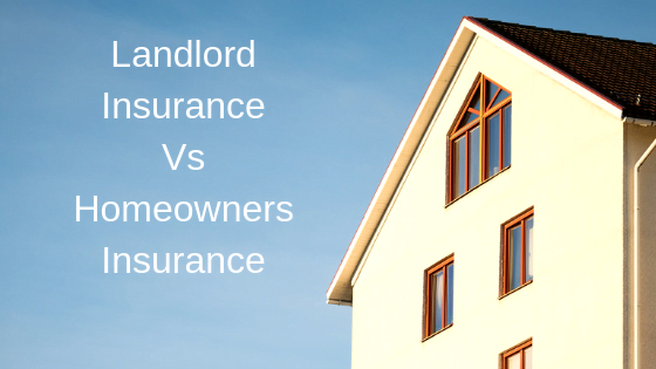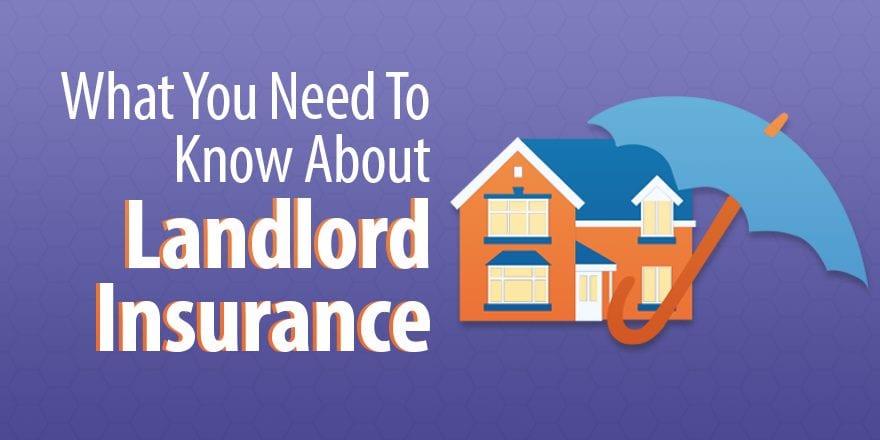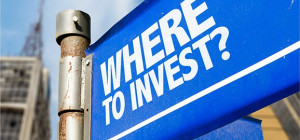Landlords freak out when their property faces any accidental damage. The solution is to get proper insurance coverage that shields your home from all those unwelcomed scenarios. Home insurance works well in covering all types of damage to your property. But, when you decide to rent the property to tenants, the situation becomes quite different. Home insurance won’t cover any damage to your property if you don’t reside there yourself. In this case, landlord insurance is your best choice.
Accidents can happen at any time, but without you to monitor it, the damage can be severe. The damage can be done accidentally or intentionally by the tenants, and as regular home insurance won’t cover these damages, it’s essential to take out Landlord Insurance to make sure you’re adequately covered.

Difference between home insurance and landlord insurance
To protect your investment property or home from possible harm, it is imperative that you find yourself the right type of insurance. As a property owner, it is your job to know which insurance covers what. Here, we will try to get you a detailed idea of the difference between home and landlord insurance.
1. Malicious damage
You are peacefully sitting at your home and watching a game of cricket when suddenly stones come breaking through your window. Or maybe your house got caught up within a riot and got damaged. In instances like this, you will get covered by home insurance.
But when you are renting your house to tenants, and they end up doing intentional damage or steal your pipe works. Then, you need landlord insurance to cover your losses.
2. Legal expenses
A tradesman comes over to fix your drainage or electrical system but carries out a faulty work. You are the homeowner here, and your home insurance will cover you for the flawed service.
After some years, you consider renting your property out and face a legal situation with your tenant; then home insurance will not cover you. If a tenant gets injured in your property, then you need additional landlord insurance to cover it. Landlord insurance also covers the expense you need to evict a tenant.
3. Rent protection and alternate accommodation
Due to any natural disaster, fire or significant damage to your property, you are forced to ask your tenants to vacate the property for repairs to be done. In situations like this, home insurance will not be able to guarantee your income. Rent protection that you get from landlord insurance ensures your income and at the same time finds alternative accommodation for the tenants.
In a nutshell, landlord insurance or rental property insurance is an extended form of home insurance. It covers everything that a home insurance policy does, plus some extras.
You may face damage at your rental property caused by your tenants or their guests. Landlord insurance can cover this damage for you.
Besides, this particular type of insurance will cover some more areas that your standard home insurance won’t:
- Theft and intentional damage
- Loss of rent when your home is damaged
- Loss of rent when the tenants don’t pay
- Legal expenses to evict a tenant
- Liability coverage and other costs like the replacement of locks

Things to consider before subscribing to a landlord insurance
When you lease out your property, you need to take care of three things: your house, the belongings inside the home, and the income you receive by renting the house. That’s why you need to make sure your insurance gives you the right amount of coverage. Keeping this in mind, you need to determine the following issues:
1. What you need to protect
First, you need to take stock of what’s in your property, how valuable are the contents you keep inside? This includes anything like your heating and cooling system, your cooking equipment and even your fittings and fixtures. It’s important to consider all of these areas as it will ensure that your investment is protected against damage and unexpected expenses.
2. How much to insure
When you are getting best landlord insurance for your home, make sure to do it for the entire value of your property. Otherwise, it will cover only a partial payout when there’s an accident or damage, potentially requiring you to spend hundreds of thousands of dollars. Including additional coverage will help you rebuild your home after a serious accident.
3. Re-read the policy documents
Read your policy documents carefully before you go ahead with anything. There are some situations where you won’t get any coverage for damage unless you purchase that support individually. For example, if you don’t buy additional flood protection, you won’t be covered if your house gets destroyed by a flood. That’s why you need to have a clear idea of your policy’s exclusions.
Your property is a valuable asset. Whether you live there or rent it to someone else, it’s your responsibility to protect yourself financially against any damage. That’s why you need to find the right insurance policy for your property. Considering how landlord insurance is a bigger package, it is the best fit for your rental property.
Contributed by https://www.sgua.com.au/







